PHILADELPHIA--(BUSINESS WIRE)--iECURE, Inc., a gene editing company focused on the development of mutation-agnostic in vivo gene insertion, or knock-in, editing therapies for the treatment of liver disorders with significant unmet need, announced today approval from the U.K. Medicines & Healthcare products Regulatory Agency (MHRA) of the company’s Clinical Trial Authorisation application (CTA) to expand the OTC-HOPE study into the U.K. The OTC-HOPE study is investigating ECUR-506, an investigational gene editing-based therapy, for the treatment of Ornithine Transcarbamylase (OTC) deficiency in infants. The CTA approval by the MHRA follows the previous approval to begin the OTC-HOPE study by the Australian Therapeutic Goods Administration (TGA).
“Throughout 2024, we will continue to be in close contact with other regulatory bodies as we seek to expand the OTC-HOPE study into additional geographies. We are in the process of ensuring sites are prepared to enroll patients and anticipate site initiations in the upcoming months.”
Post this
“ECUR-506 is the first ever clinical meganuclease-based in vivo gene insertion program, and as we continue progressing ECUR-506 towards first-in-human dosing, we are assured by the confidence instilled in this program by both the MHRA and the TGA,” said Joe Truitt, Chief Executive Officer of iECURE. “Throughout 2024, we will continue to be in close contact with other regulatory bodies as we seek to expand the OTC-HOPE study into additional geographies. We are in the process of ensuring sites are prepared to enroll patients and anticipate site initiations in the upcoming months.”
The OTC-HOPE study is a Phase 1/2 first-in-human study in newborn males with genetically confirmed neonatal onset OTC deficiency. It is designed primarily to assess the safety and tolerability of up to two dose levels of ECUR-506 following intravenous administration of a single dose. Secondary objectives are to assess the pharmacokinetics and efficacy of ECUR-506. In addition, exploratory endpoints will assess disease-specific biologic markers, developmental milestones and quality of life.
“OTC deficiency is a serious inherited metabolic disorder and in most severe cases, liver transplant is required,” said Gabriel M. Cohn, MD, Chief Medical Officer of iECURE. “ECUR-506, if approved, offers hope to families afflicted by this life-threatening condition as an alternative treatment approach. Through gene editing, we believe ECUR-506 can enable these children to durably produce functional OTC enzyme thereby providing lasting clinical benefit and eliminating the need for liver transplant and the lifelong immunosuppressive treatments required to prevent organ rejection.”
About ECUR-506
iECURE’s approach to gene editing for its initial programs, including OTC deficiency, relies on the delivery of two adeno-associated virus (AAV) capsids, each carrying different payloads. ECUR-506 comprises two vectors, an ARCUS® nuclease vector targeting gene editing in the well-characterized PCSK9 gene locus and a donor vector that inserts the desired functional OTC gene. iECURE has licensed the ARCUS nuclease for ECUR-506 from Precision BioSciences.1 The cut in the PCSK9 site serves as the insertion site for the OTC gene, providing a potential path to permanent expression of a healthy gene. ECUR-506 is being studied in the OTC-HOPE study, the first clinical meganuclease-based in vivo gene insertion program.
About the OTC-HOPE Study
The OTC-HOPE study is a Phase 1/2 first-in-human clinical trial of ECUR-506 in baby boys with genetically confirmed OTC deficiency and will test up to two dose levels of ECUR-506. The study is enrolling baby boys aged 24 hours to seven months who are diagnosed with severe neonatal onset OTC deficiency and meet certain other criteria. The primary objective is to assess the safety and tolerability of intravenous administration of a single dose of ECUR-506. It will also assess the pharmacokinetics and efficacy of ECUR-506 administration and the potential effects of ECUR-506 on disease-specific biologic markers, developmental milestones and quality of life.
About iECURE
iECURE is a clinical-stage gene editing company focused on developing therapies that utilize mutation-agnostic in vivo gene insertion, or knock-in, editing for the treatment of liver disorders with significant unmet need. We believe our approach has the potential to replace and restore the function of a dysfunctional gene, regardless of mutation, by knocking-in a healthy copy of that gene to offer durable gene expression and long-term, potentially curative, therapeutic benefit. Our management team has extensive experience in executing global orphan drug and gene therapy clinical trials and successfully commercializing multiple products. We intend to leverage our team’s core strength in research and development strategy to identify what we believe to be the most suitable target and modality for our product candidates to address particular liver diseases. We are collaborating with the University of Pennsylvania’s Gene Therapy Program (GTP) led by James M. Wilson, M.D., Ph.D., to utilize GTP’s world-class translational expertise and infrastructure, which has helped generate our initial pipeline of potential product candidates. For more information, visit https://iecure.com and follow on LinkedIn.
About Precision BioSciences & ARCUS®
Precision BioSciences, Inc. is an advanced gene editing company dedicated to improving life (Nasdaq: DTIL) with its novel and proprietary ARCUS® genome editing platform that is designed to differ from other technologies in the way it cuts, its smaller size, and its simpler structure. Key capabilities and differentiating characteristics may enable ARCUS nucleases to drive more intended, defined therapeutic outcomes. Using ARCUS, Precision’s pipeline is comprised of in vivo gene editing candidates designed to deliver lasting cures for the broadest range of genetic and infectious diseases where no adequate treatments exist. For more information about Precision BioSciences, visit www.precisionbiosciences.com.
Penn’s Financial Disclosure
The University of Pennsylvania (Penn) and Dr. Wilson each hold equity interests in iECURE. Penn also receives significant sponsored research support from iECURE, and both Penn and Dr. Wilson stand to benefit from licensing revenues received from iECURE based on successful technology development and commercialization of the technologies licensed from Penn. Dr. Wilson serves as Chief Scientific Advisor for iECURE.
[1] iECURE has licensed the ARCUS® nuclease from Precision BioSciences for four gene insertion programs including OTC, CTLN1 and PKU.

